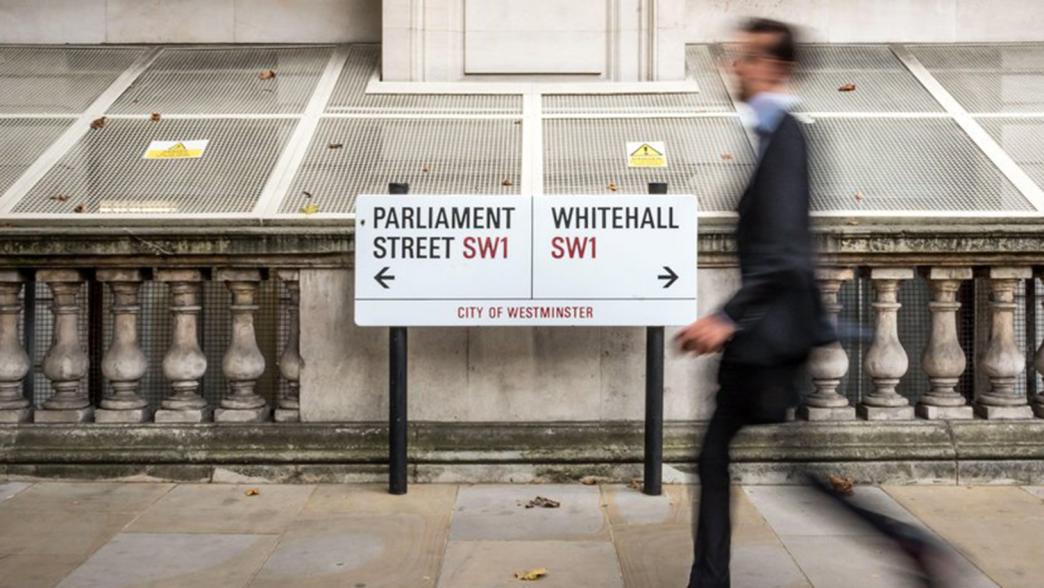The benefits of transparency: Why being more open is good for government
Rishi Sunak and Keir Starmer should commit to a more transparent approach to government if they win the next general election.

Rishi Sunak and Keir Starmer should commit to a more transparent approach to government if they win the next general election.

Government must introduce rigorous WhatsApp guidance for ministers, special advisers and officials.
FT columnist Stephen Bush highlights recent IfG recommendations on transparency of government communications.
Polling shows the public care about ethical behaviour in politics. How can the main parties show they are committed to high ethical standards?
Rules governing unclear general election results are loosely defined in the UK.